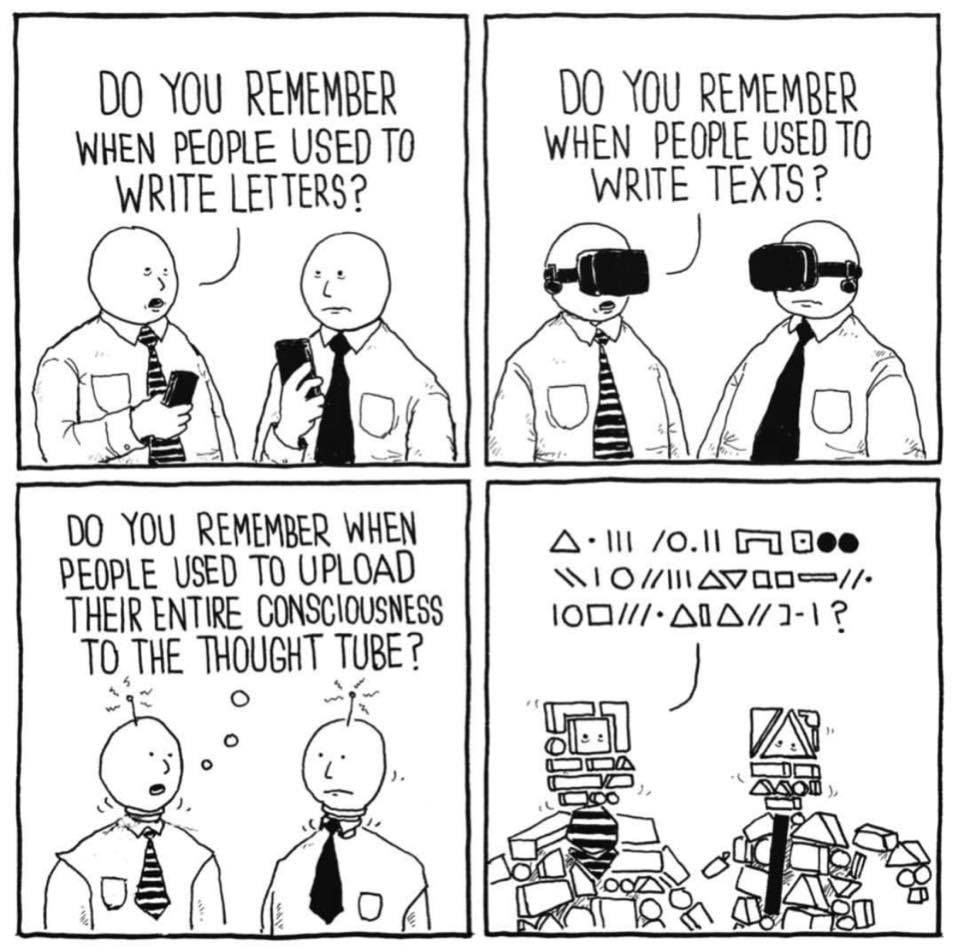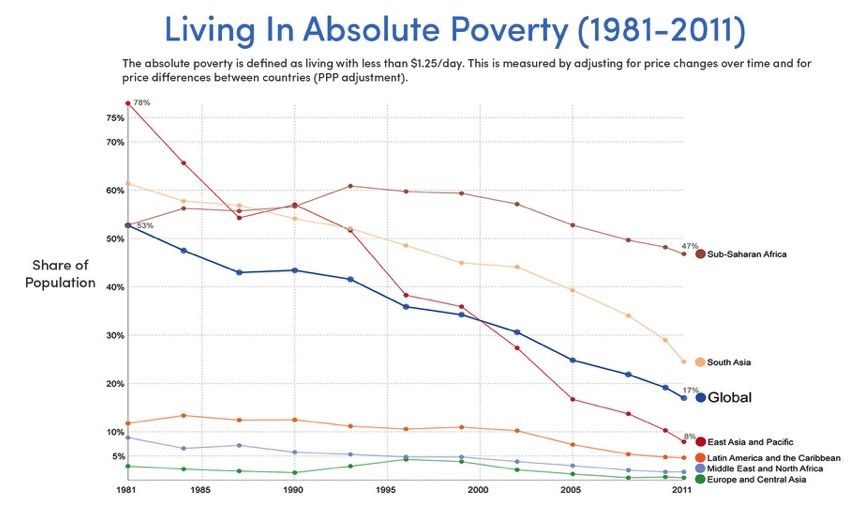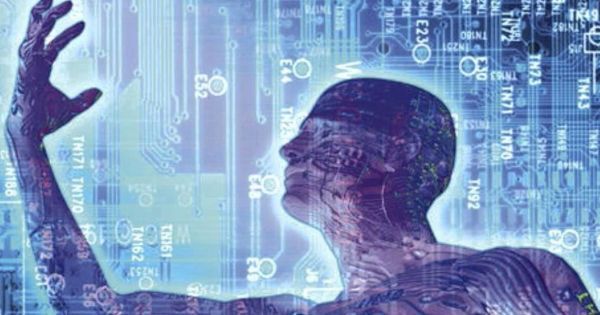
Category: singularity – Page 81


SingularityU: Artificial intelligence to transform every aspect of life
Controlling artificial intelligence devices by voice will come soon said AI expert Neil Jacobstein.
Artificial intelligence is set to transform the world, the audience at a Christchurch conference on the future was told.
Artificial intelligence (AI) “allows us to expand the range of the possible, to do things we never thought we could do before,” said Neil Jacobstein who chairs the artificial intelligence and robotics track at Singularity University, a think tank based in California.


SoftBank Is Investing in a Microchip to Make the Singularity a Reality
In Brief:
- As part of a strategy to prepare for the Singularity, Japanese telecom multinational SoftBank spent $31 billion to acquire microprocessing company ARM.
- This hypothetical day in the future when machine intelligence surpasses that of humanity may not be the doomsday it is portrayed as in much of pop culture.
Michael Fossel on Aging and the Telomerase Revolution
https://www.singularityweblog.com/mic…
Dr. Michael Fossel is one of those few theoreticians who can see much of the big picture of aging. While some use mostly guesswork, and others hope to improve on that with logic, Fossel never shies away from the clear verdict that only data can give. Add his overwhelming compassion as a human being and you will understand why he is a clinician who really cares. You will also get a pretty good idea of what kind of a person Michael is – both personally and professionally. And those are just some of the reasons why enjoy having him back on my Singularity 1on1 podcast for an in-depth discussion of his latest book on the topic titled the Telomerase Revolution.
During our 83 min discussion with Dr. Fossel we cover a variety of interesting topics such as: what the Telomerase Revolution is all about; the difference between realist and optimist medicine; why books don’t cure diseases and why Fossel is more interested in curing rather than understanding aging; the telomere theory of aging; whether we can create a vaccine for old age; the difference between direct and indirect aging; why guesswork is useless, logic is better but data trumps everything; whether we can slow down and/or reverse aging; Liz Parrish’s telomere lengthening experiment; reaching Longevity Escape Velocity and why Aubrey de Grey may turn out to be conservative in his estimate; Fossel’s biotech startup company Telocyte…
Physicist says our Universe could have spawned from a black hole
According to our best understanding of the Universe, if you travel back in time as far as you can, around 13.8 billion years or so, you’ll eventually reach a singularity — a super-dense, hot, and energetic point, where the laws that govern space-time breakdown.
Despite our best attempts, we can’t peer past that singularity to see what triggered the birth of our Universe — but we do know of only one other instance in the history of our Universe where a singularity exists, and that’s inside a black hole. And the two events might have more in common than you’ve ever considered, as physicist Ethan Siegel explains over at Forbes.
It might sound a little crazy, but, as Siegel reports, from a mathematical perspective, at least, there’s no reason that our own Big Bang couldn’t have been the result of a star collapsing into a black hole in an alternate, four-dimensional universe.


The Astonishing Healthcare Tech of the Future Is Arriving
This week in San Diego, Singularity University hosted its annual Exponential Medicine conference. The conference aims to connect the dots between healthcare disciplines and cutting-edge tech by convening medical practitioners, technologists, entrepreneurs, and over 80 expert speakers from the field.
It’s easy to say “healthcare is broken” and call it a day, but a quote from brilliant thinker Maria Popova reminds us of the power of optimism to create change:

Enhancing Humanity — What’s The Next Phase Of Human Evolution?
I really love this topic – questioning what’s out there for humanity besides a singularity that may or may not happen or a discovery of the source powering an uber sophisticated kind of video game a.k.a. the *simulated* and likely *holographic universe*… Yes, evolution gets me all excited.
What follows now are possible futures for all of us, based on circulating theories on (continuing) evolution.
These futures show either a grinding halt to evolution, a continuing mutation and selection here on earth, some new form of evolution driven by technology, and (in a way related to technology, as well) a differentiation introduced by mimicking and adapting to a life on speculative space colonies.

“It’s a Powerful Time to Reshape Healthcare Across the Planet”
We are living in a world that is global and exponential. Technology is taking things that used to be scarce and making them abundant—and these forces are reshaping the fields of medicine and healthcare in completely novel ways.
Opening this year’s Exponential Medicine conference in San Diego, Daniel Kraft, the curator of the conference, and faculty chair of Medicine and Neuroscience at Singularity University, took the audience on a whirlwind tour of the latest developments in healthcare and medicine.
